Water: Managing the World’s Most Precious Resource
The world’s capacity to respond to a global water crisis is in doubt, but there are paths to solutions.
By Stuart Orr, World Wildlife Fund
J. Carl Ganter, Circle of Blue
Jeff Seabright, The Coca-Cola Company
The world’s demand for fresh water is growing so fast that, by 2030, agriculture, industry, and expanding cities will face such scarce supplies that the confrontation could disrupt economic development and threaten political stability and public health.
People in places as disparate as north Africa, Central Valley, California, and India’s northern states, among others, are already facing similar threats to their livelihoods, while population growth, ageing infrastructure, pollution, and resource-intensive ways of life are putting a huge strain on local freshwater supplies.
By 2050, demand for food, water, and energy is projected to grow by 30 percent to 50 percent. Meanwhile, more than 750 million people do not have adequate access to safe drinking water.
How can we hope to meet these demands without integrated policy reform and comprehensive solutions that take local conditions and a diversity of stakeholders into account? As it stands, ineffective financial incentives, institutional structures, and a lack of trusted data make joint cooperation almost impossible.
The world’s capacity to respond is in doubt.
But some promising models are emerging quickly — the 2011 World Economic Forum book, Water Security – the Food, Energy, Water and Climate Nexus, and a recent conference about water, food, and energy, hosted in Bonn by the German Government, framed the issues and developed comprehensive, cross-cutting science and policy recommendations.
Many governments are implementing innovative new policies to improve water management. Civil society, governments, and businesses are coming together in organizations, such as the 2030 Water Resources Group, to help build common and comprehensive databases on water issues.
The Alliance for Water Stewardship and the UN Global Compact’s CEO Water Mandate are pioneering a new model of corporate water policy and management that facilitates collaboration among businesses, governments, NGOs, and communities.
However, at current rates, the challenges are outpacing the solutions.
We need to share accurate data more effectively to inform collective policy action. Even in our data-flooded age, localized information is often minimal, outdated, or inaccessible.
- We need a common, open-source platform for collecting, interpreting, and sharing trusted data from a variety of sources.
- We need more sharing of innovations in technology, practice, and policy.
- We need to understand local and regional needs.
- We need to engage with all stakeholder communities in a spirit of transparency and accountability.
- We need to improve communications across business, government, NGOs, media, and citizens to encourage greater policy awareness and participation.
Serious global investment in water security – financial and political – will nurture economic development, create a more stable political environment, and give hope and health to millions of people.
It’s the most powerful investment of time and energy we can make.
You can read a longer version of this article and join in the debate at Rio+20 Dialogues (registration required). For more about the Rio+20 Conference click here.
Stuart Orr is global freshwater programme manager for World Wildlife Fund in Geneva,
J. Carl Ganter is director of Circle of Blue, and Jeff Seabright is vice-president of The Coca-Cola Company’s environment and water resources department. They are members of the World Economic Forum Global Agenda Council on Water Security. This article first appeared on Forumblog.
J. Carl Ganter is co-founder and managing director of Circle of Blue. He is a journalist and photojournalist, recipient of the Rockefeller Foundation Centennial Innovation Award, and an Explorers Club Fellow.


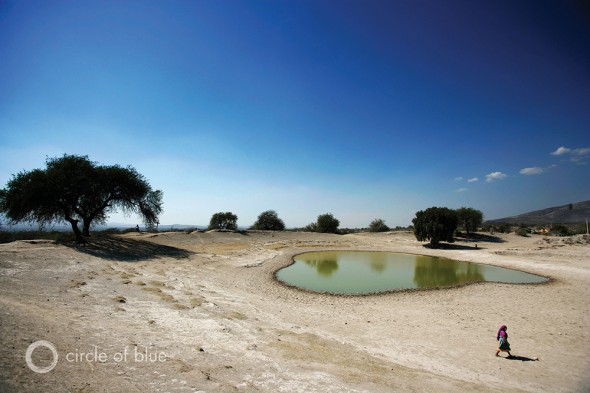
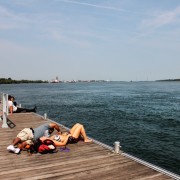
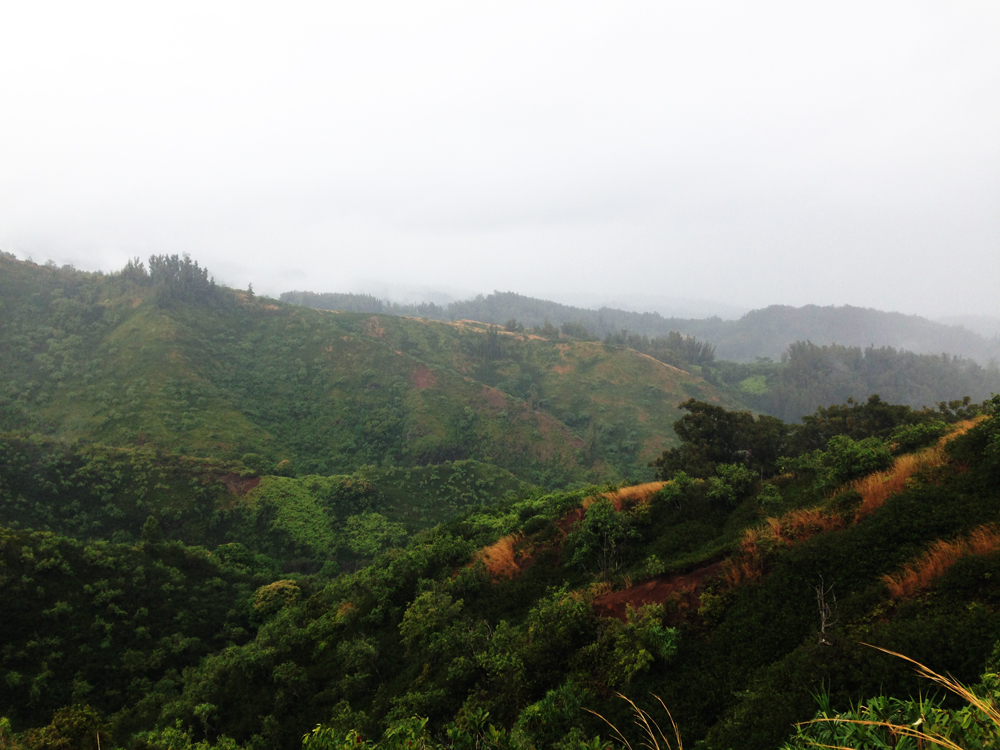
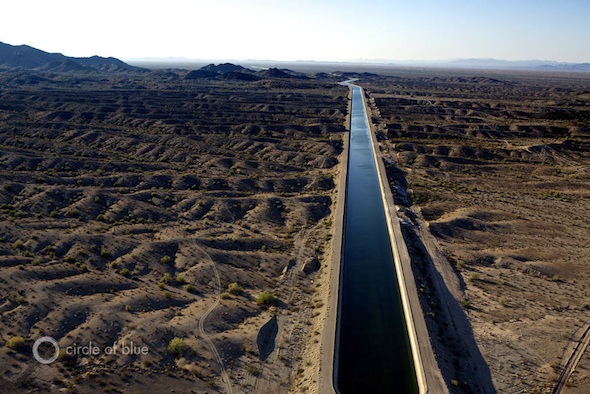


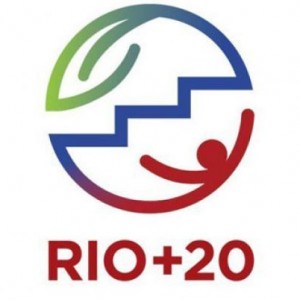
Leave a Reply
Want to join the discussion?Feel free to contribute!